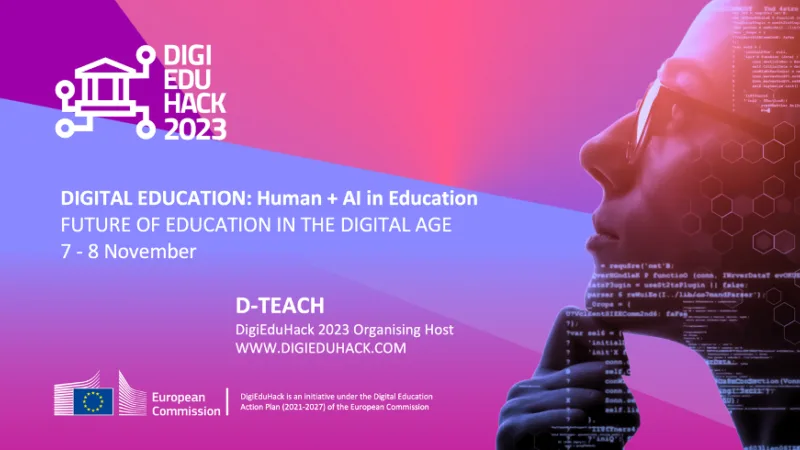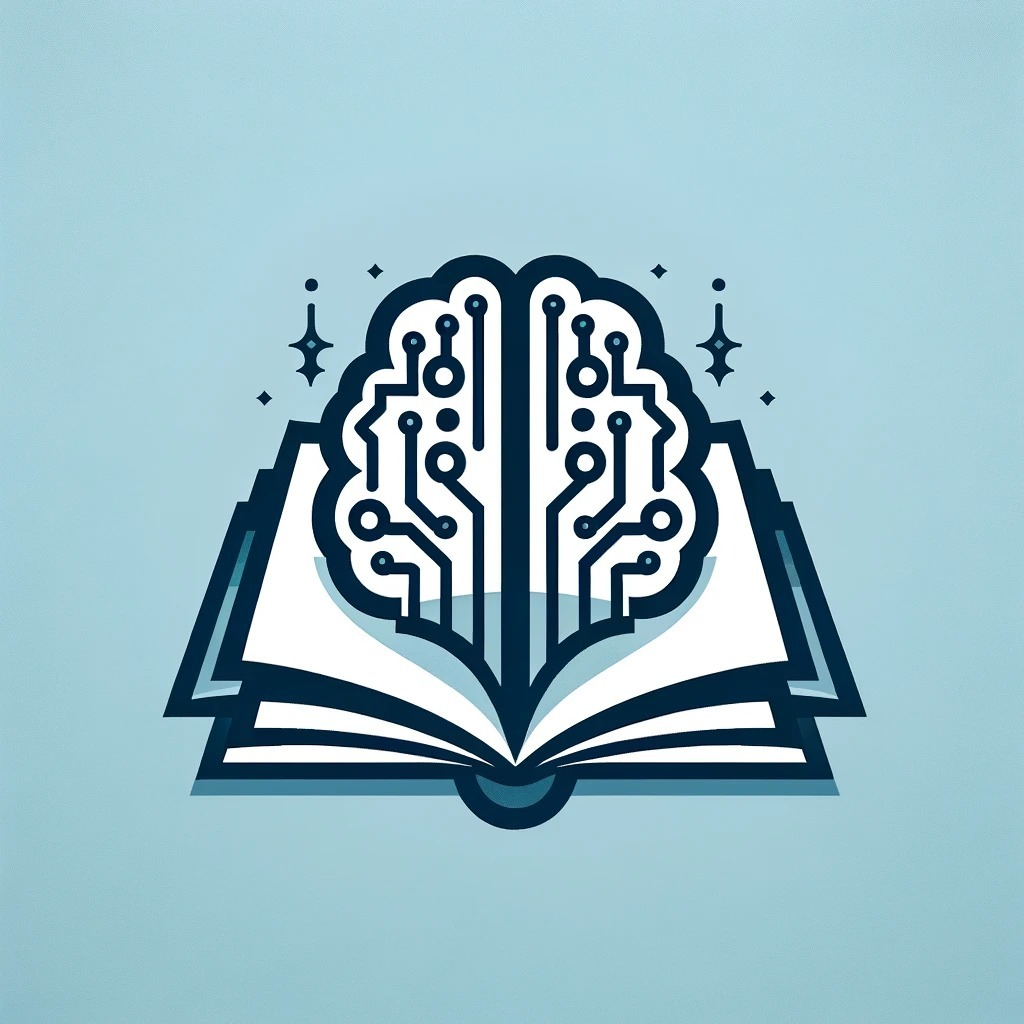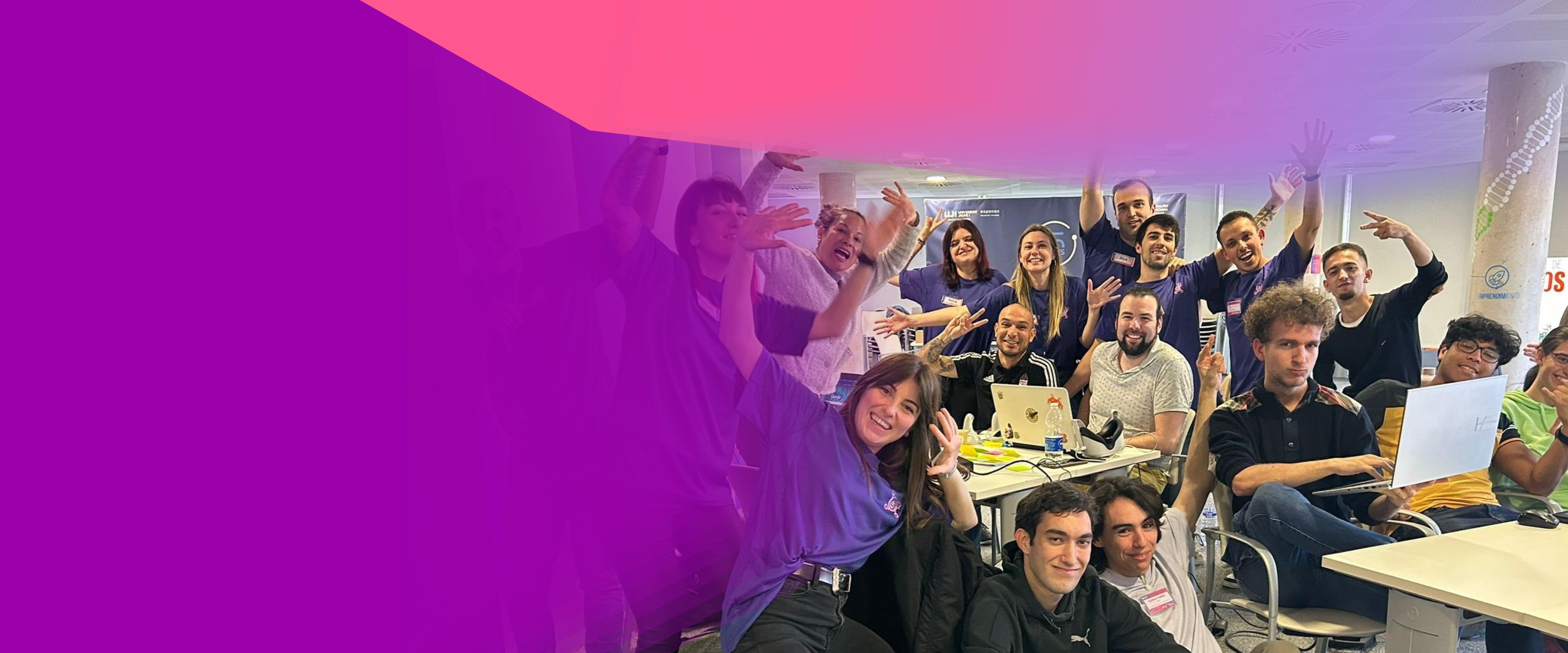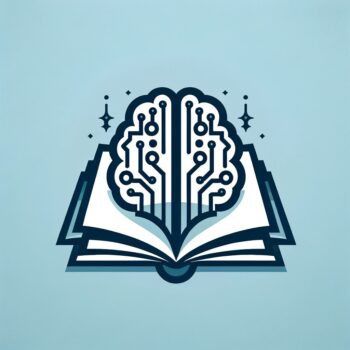LOCAL WINNER
Beginner Awards: Social impact
LearnME
Solution details
Our solution aims to provide personalize deducational resources to students with learning diaabilities through AI curated adaptive learning. It involves a web platform where students canc reate accounts, specify their learning difficulties, receive tailored content recommendations aligned with their learning performance and undergo assessments to gauge test comprehention.
Tweet / Slogan
"Unlock learning potential: AI-powered education tailored for all!"

3 MustketAIrs

Resources
Firstly, we got to our solution by doing secondary research in education, AI and how the two have been merged together so far. Our focus was in finding a gap among all the solutions that have been developed so far.
During the development of our solution we partly relied on the templates provided by the hachathon platform. Even thogh we thought of our solution pretty quickly, these templates helped us in delving deeper in what our solution entailed, its feasability and any other minor detail that could make it innovative and helpful for the users and the business goals.
During the ideation of our user persona, given the limited time-budget, we relied on youtube videos, watching testimonials and TedEx speaches of people who suffer from LDs and who were taking about their experiences in school and how this "limitation" expanded into many facets of their social and academic life.
Context
The challenge before us involves advancing digital inclusion, with a specific focus on students with learning disabilities. We've taken up this cause because this group is often marginalized within the education system, giving rise to a host of difficulties including feelings of exclusion, frustration, and underachievement.
The diverse nature of learning disabilities compounds the issues as it becomes a hard task for teachers to customize their curriculum and learning resources to meet each student's unique needs. This situation has given rise to a one-size-fits-all education model that potentially overlooks and disadvantages this minority group.
Who Benefits?
The target group are students (aged 6 to 18, so primary and secondary students), with learning disabilities.
The affected groups are:
- other student who could have access to this solution and will benefit in the same way
- teachers who can easily keep track of each student's performance and address challenges more promptly and directly
- parents who will be able to view their kid's performance and have a more efficient communication with teachers
Impact
Our solution will help students with learning disabilities to overcome any feeling of exclusion and will impact their educaitonal performance.
Results:
- enhanced learning for this group: personalized learning that caters to their unique needs, making education more accessible and effective for them
- improved acadmic performance: by tailoring content recommendations and assessments, students better comprehend and engage with educational materials
- increased inclusivity: by addressing the specific needs of a traditionally under-served group, making learning resources more accessible to a broader range of students
- empoering teachers: they better understand their students' LDs and progress, so to provide more targeted support and adjustments in their teaching methods
- data-driven insights: the platform generate valuable data on student performance and preferences which can be used for continuous improvement in educational content and methods
- broader applicability: this solution can be extended to a wider range of students, potentially revolutionizing education across various context
In summary, our solution has the potential to significantly impact the learning experience of students with LDs while also paving the way for more effective and inclusive education practices.
How to measure:
- academic performance: by assessing changes in students grades, test scores and comprehension levels over time
- user engagement: tracking user engagement metrics, such as the frequency and udration of platform usage, can help us gauge how actively students and educators are using our solution
- user feedback: gathering feedback from students and educator through surveys and feedback forms can help us understand their experiences, identify pain points and make necessary improvements
- long-term outcomes: increased graduation rates, career opportunities and students' self-confidence, can be indicators of the lasting impact of our solution
- comparative studies: comparing students who use our solution and those who don't can help determine the differential impact on academic performance and inclusivity
Team work
The team worked gratly together by keeping an open minded and collaborative approach. Each one of us brougth their knowledge into the project and we've learnt loads on the topic by sharing our points of view and reflections. We could definitely keep working together as a group in the future.
Innovativeness
While adaptive learning platforms are commonly tailored for corporate training and individual learners, the adoption of such solutions in traditional K-12 educational setting remaines limited in some reginos and school systems.
What sets our idea apart is its dedicated focus on providing personalized, adaptive and inclusive learning opportunities to a unique segment of educaiton population, all empowered by AI technology and robust assessment methods. This unique approach distinguishes us from traditional education paradigms.
Transferability
The core components of personalised learning, AI-curated content, adaptive learninr and robust assesspent are adaptable to various educational contexts. This means our platform can be utilized in other settings to provide tailored learning experiences for a broader range of students, thereby making education more engaging and effective for all.
This solution can also be extended to teachers who, based on their courses, can receive additional materials to study and share with their students and suggestions on topics and areas of focus to implement into their academic curriculum. Particularly useful to anticipate upcoming hot topics or new courses (i.e. environmental education).
Sustainability
Our immediate goals are geared towards the successful development, launch and refinement of the platform. Ideally the launch could be set for the new academic year (Sept 2024) so to develop the platform and adaptive learning features, implement AI algorithms and recommendation systems, build a robust assessment framework, ensure user engagement and friendlyness of the platform, user testing to refine and improve it, plan for scalability, establishing mechanisms for monitoring and evaluating its effectiveness.
More importantly, this timeframe would enable teachers and parents to be provided with adequate training. All of this would allow the solution to have a long term duration.

